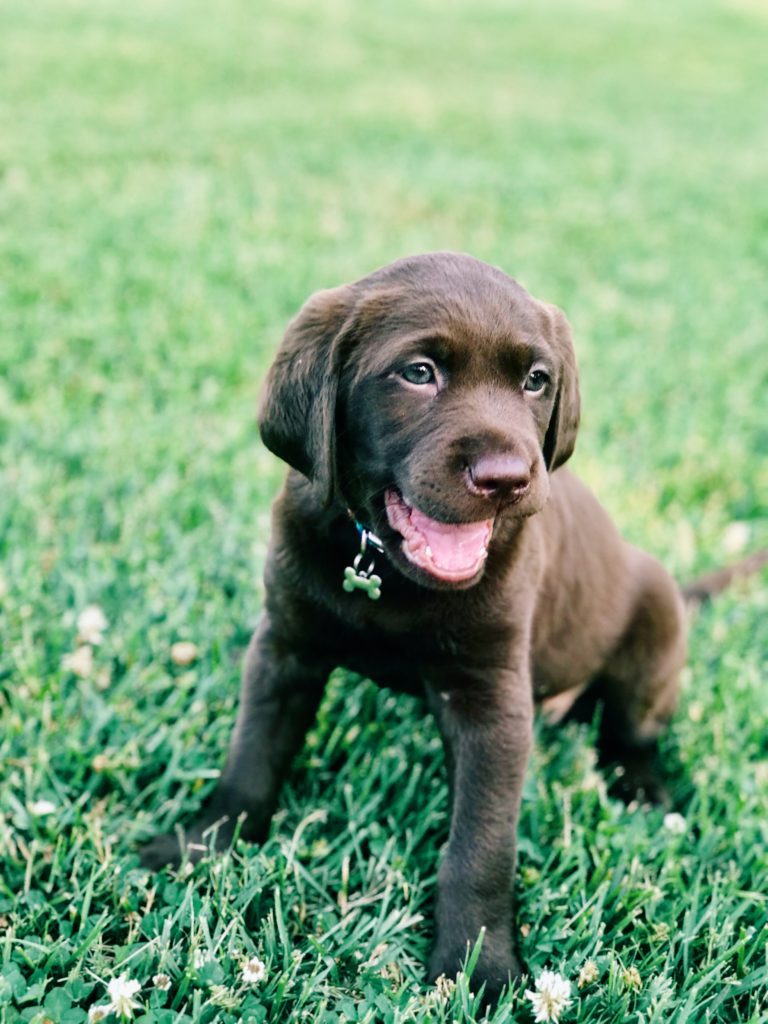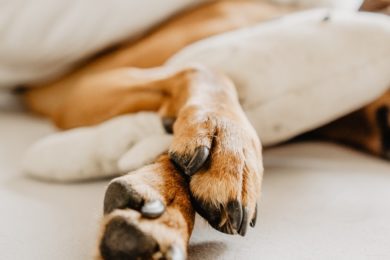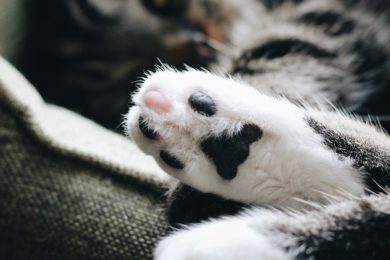 Doing your taxes, getting a root canal, cleaning your gutters, housebreaking your puppy… all arduous tasks. Things you wish you could put at the very bottom of your to-do list. Well, good news! Housebreaking your puppy doesn’t have to be difficult or stressful. As for the other items on that list – you’re on your own! Here are some helpful tips to have your dog trained in no time.
Doing your taxes, getting a root canal, cleaning your gutters, housebreaking your puppy… all arduous tasks. Things you wish you could put at the very bottom of your to-do list. Well, good news! Housebreaking your puppy doesn’t have to be difficult or stressful. As for the other items on that list – you’re on your own! Here are some helpful tips to have your dog trained in no time.
Nature and Nurture
More good news for puppy parents: dogs naturally want to keep a clean abode. In the den, their mothers clean up after them, and later, they learn to go outside and relieve themselves. This keeps their homes scent- and mess-free. Luckily, our domesticated friends still have the primal need to be tidy! Most pups pick up on housetraining quickly.
When’s It Time to Train?
You don’t potty-train an infant – so don’t try to housetrain a very young puppy. They simply don’t have the muscles yet to control their bowels and bladder. They will develop it, and most dogs can be trained by four to six months of age. Until then, newspaper, frequent walks, and patience are your best allies!
Before we talk about what to do to help your dog learn to relieve himself outside, let’s talk about what not to do:
- Rub his nose in waste.
- Punish or scold. If you do catch him going, make a startled sound (don’t yell) and take him out immediately. When he finishes, praise him.
- Put him in a crate if he soils it.
- Bring him back inside immediately after he relieves himself. Why? He’ll learn to hold it so he can stay out longer. Oh, those wily dogs.
Ok, on to housetraining “dos.”
- Make sure to feed your dog on a regular schedule. When he’s finished, take his food away. (Chew toys are always good though!)
- Take him outside regularly. If you can, do it at the same times each day, e.g. before work, at lunchtime, after work, after dinner, before bed. Be sure to take him out before putting him in a crate or leaving him alone.
- Keep a vigilant potty patrol. Is your puppy circling? Sniffing? Pacing? Whining? These are signs that he needs to get outside –and quick. Listen to him!
- Try a crate or confined area. Ok, not everyone can maintain 24/7 visual contact with their puppies. When you can’t watch, put your dog into a crate or close off a room with a baby gate. As he starts to control his bladder and bowels, try a bigger space. If he does relieve himself outside, let him have some freedom to roam the house, but limit it to no more than 20 minutes. Then, back into his room. (And why not make it an appealing room – with toys and a comfy bed?)
- When your dog relieves himself outside, praise him exuberantly and give him a treat. Try to have a designated “bathroom” – a spot where your dog goes each time to eliminate. This will help him learn that business is business. He needs to go before he can go for a big walk or play.
- Know that accidents will happen. While you’re housetraining your puppy, accidents will happen. Count on it! But remember, your dog isn’t being naughty; he’s not being spiteful or bad. He’s just gotta go. So when he does, clap or make a loud surprised sound. This should startle your dog into stopping. Take him outside. When he finishes, reward him. Never punish. But what if he goes and you don’t catch him? Well, nothing happens! He won’t be able to associate a punishment with relieving himself, and no learning will take place. Just keep an eye on him for the next opportunity to get him outside and praise him.
Housetraining your puppy is not difficult – but it does take time, patience, praise, and, as always, treats. Wait until your dog’s ready, and then help him learn how to keep your den clean!


